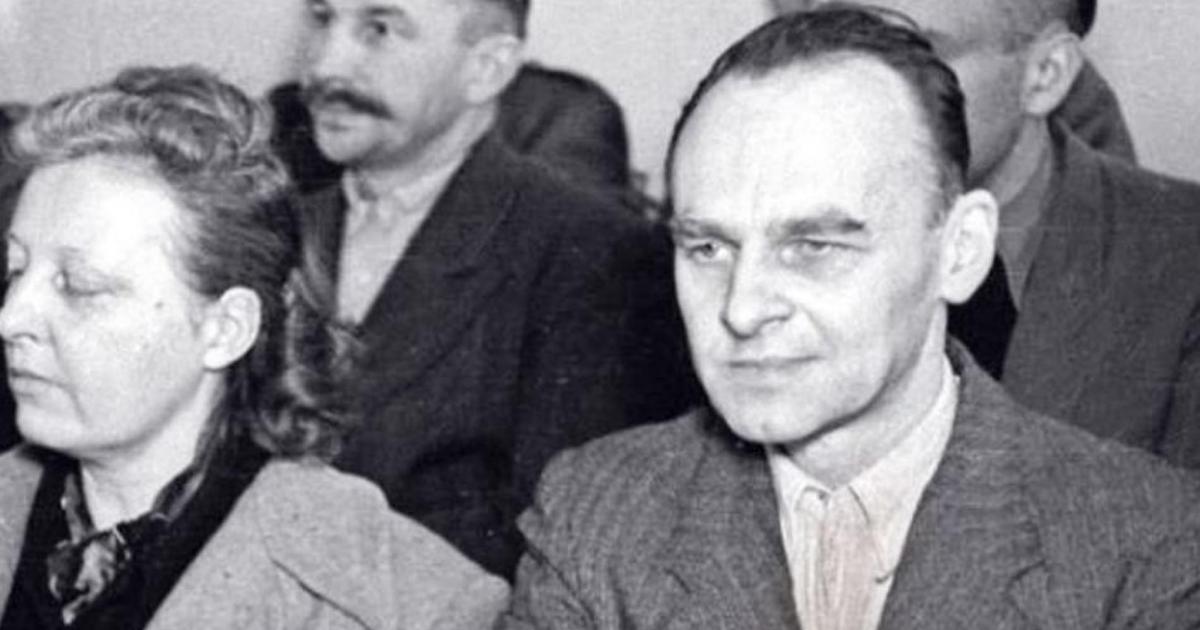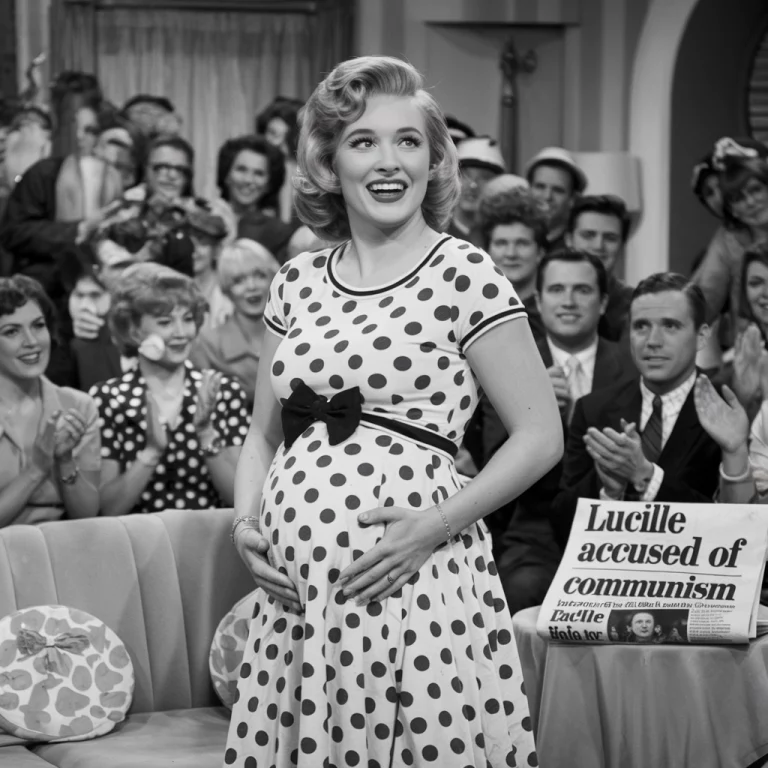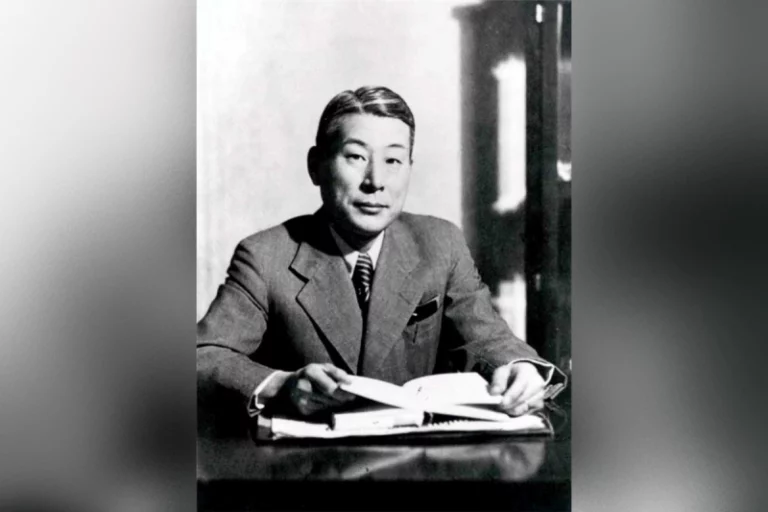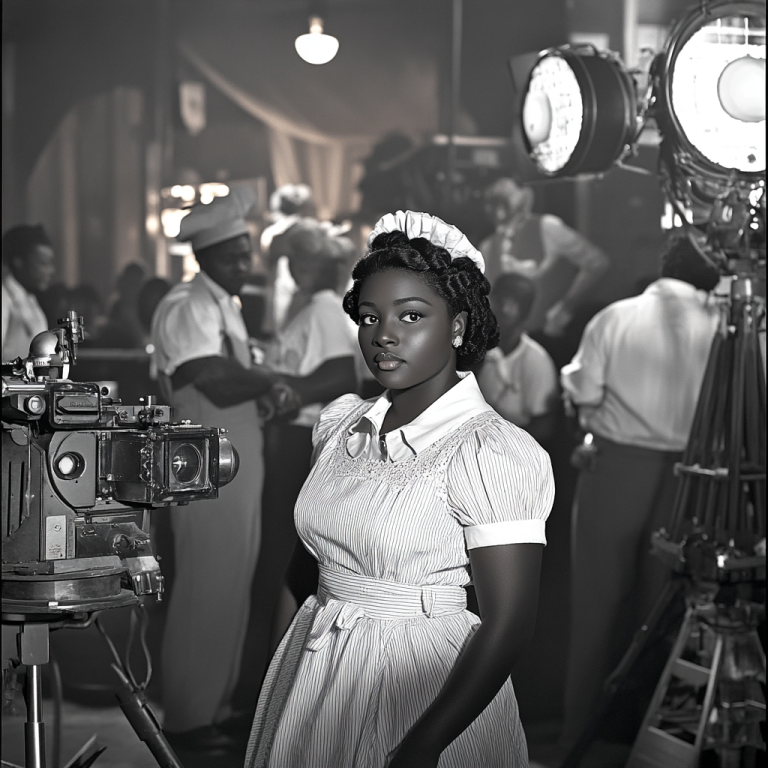The Forgotten Courage of Witold Pilecki — The Man Who Volunteered for Auschwitz
There are acts of courage that feel too large to measure. Not because they’re impossible to understand, but because they were chosen when no one would have expected anyone to choose them.
Witold Pilecki’s story is one of those.
In 1940, as Nazi forces tightened their grip on occupied Poland, he volunteered — not to fight from the outside, but to be arrested and sent to Auschwitz.
He entered the camp not as a victim, but as a soldier with a mission: to gather evidence, build a resistance, and find a way to tell the world what was happening inside.
A Quiet Patriot
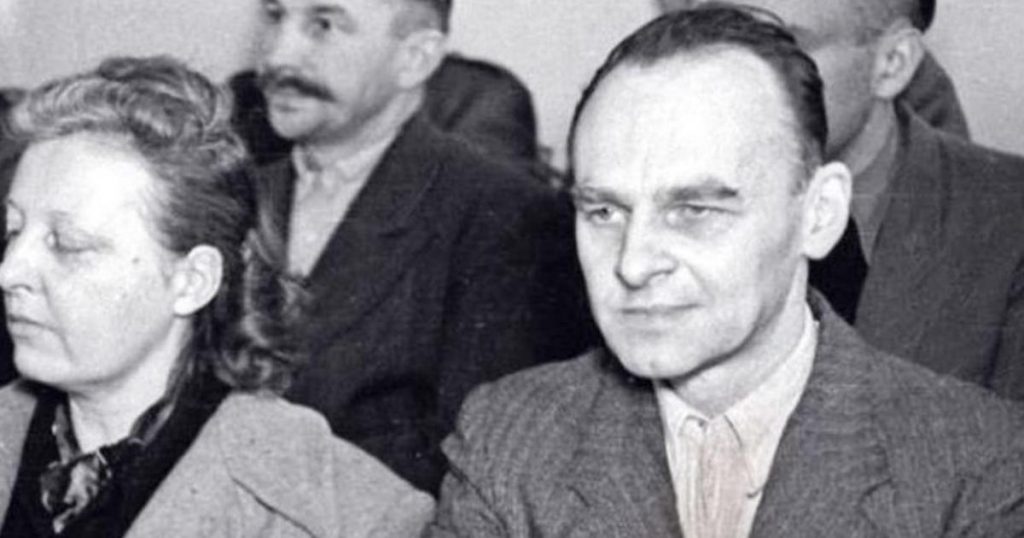
Witold Pilecki was born in 1901 in what was then part of the Russian Empire. He served in the Polish-Soviet War after World War I, and by the 1930s, he was living a quiet life as a husband, father, and gentleman farmer.
When Germany invaded Poland in 1939, he returned to service almost immediately. And when Warsaw fell, he helped form the underground resistance movement known as the Secret Polish Army.
It was clear to those early fighters that something horrific was happening in the camps. But details were scarce. Rumors of mass disappearances, starvation, and systematic murder were spreading — but no one knew the full truth.
So Pilecki offered to go inside.
Volunteering for Hell
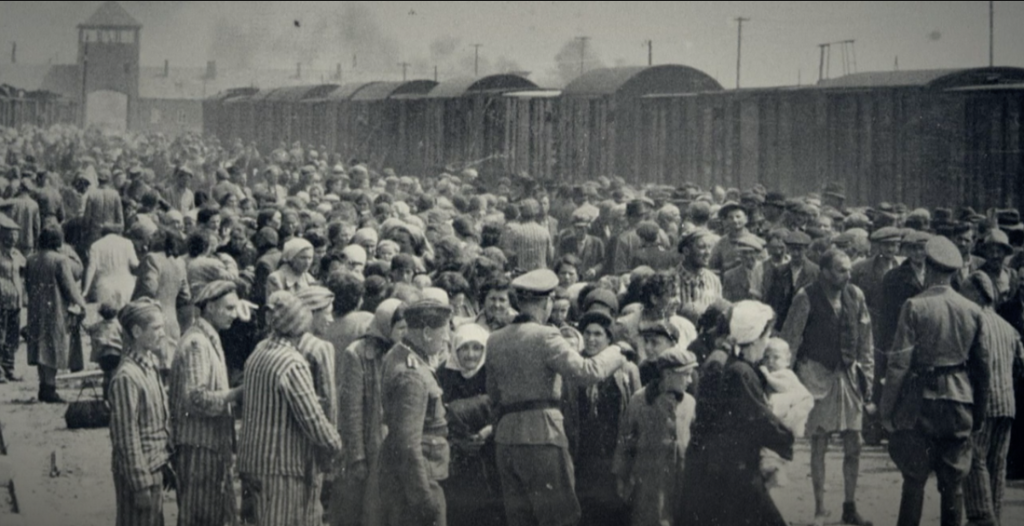
In September 1940, he deliberately allowed himself to be caught during a street roundup in Warsaw. Using a false name — Tomasz Serafiński — he was deported to Auschwitz with transport number 4859.
He was 39 years old.
Inside, he began to observe. Document. Organize. Over the next two and a half years, he built an underground network known as the ZOW (Związek Organizacji Wojskowej) — secretly smuggling intelligence to the Polish government-in-exile through coded messages, hidden notes, and eventually through a radio transmitter.
What he described was worse than anyone outside had imagined.
- Torture, starvation, and routine executions
- Inhumane medical experiments
- The gradual shift from a prison to an extermination center
Pilecki’s reports were among the first eyewitness accounts of the Holocaust to reach the Allies.
He didn’t just watch — he tried to resist from within. His network distributed extra food, sabotaged Nazi equipment, kept prisoners’ spirits alive, and even planned uprisings.
All of it under constant threat of discovery, death, and betrayal.
The Escape
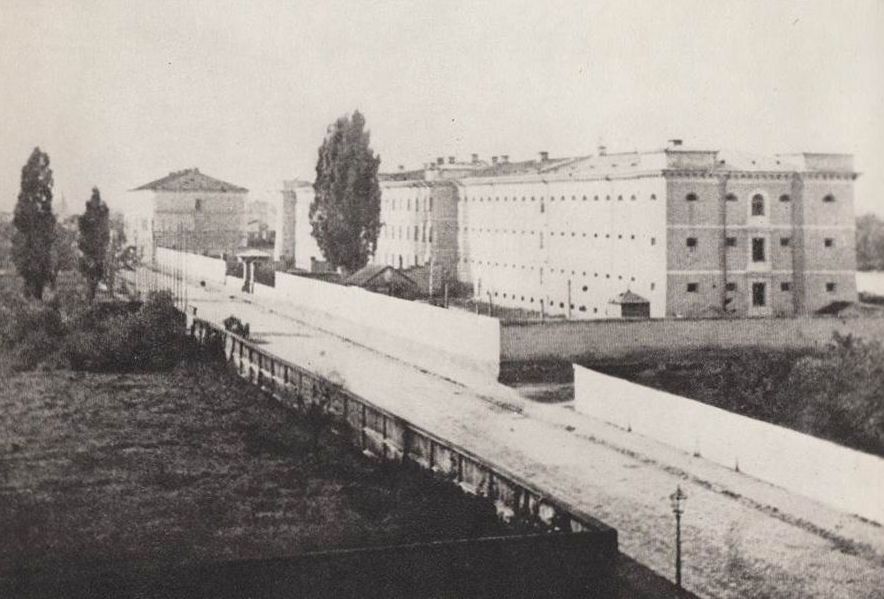
By 1943, realizing that Auschwitz was becoming a death factory and that he had learned as much as he could, Pilecki made the decision to escape.
He and two others broke through a camp bakery, disabled a guard, and fled into the night. It was a miracle they made it out alive.
Once free, he continued fighting — taking part in the Warsaw Uprising of 1944, enduring capture again, and surviving a German POW camp until the war’s end.
But his greatest battles weren’t over.
Betrayed by Liberation
After the war, Poland fell under Soviet influence. And Pilecki, ever loyal to a free Poland, stayed involved in anti-communist resistance.
In 1947, he was arrested by the Soviet-backed communist regime in Poland. He was tortured, subjected to a show trial, and accused of espionage.
This time, there was no escape.
On May 25, 1948, Witold Pilecki was executed in a Warsaw prison. He was 47. His grave was unmarked. His story, buried under decades of censorship.
It wasn’t until after the fall of communism in 1989 that his name began to resurface — slowly, then steadily.
Today, he is recognized in Poland and beyond as one of the most courageous men of the 20th century.
A Life Chosen, Not Forced

Most who entered Auschwitz were forced.
Pilecki chose to go.
He left behind a wife and two children, knowing full well he might never return. His reports were sent to London, where Allied leaders read them — and largely did nothing. Still, he wrote them. Still, he resisted.
Before his execution, he told a fellow prisoner that compared to what he had seen in Auschwitz, “this” — prison, torture, death — was “child’s play.”
It wasn’t bitterness. It was perspective.
A Legacy That Demands Remembering
Witold Pilecki’s courage wasn’t loud. It wasn’t for applause.
He didn’t survive the war as a celebrated hero. He wasn’t honored by generals or governments.
But he stood alone in one of history’s darkest places and said: “Someone has to know. Someone has to fight.”
And he did both.
Today, we remember not just his mission — but the kind of man who would choose it.
A man who entered Auschwitz not to survive, but to witness.
A soldier who wrote truth from inside horror.
A father who walked into darkness, so others might live to see light.
He didn’t ask to be remembered.
But we must remember him anyway.
